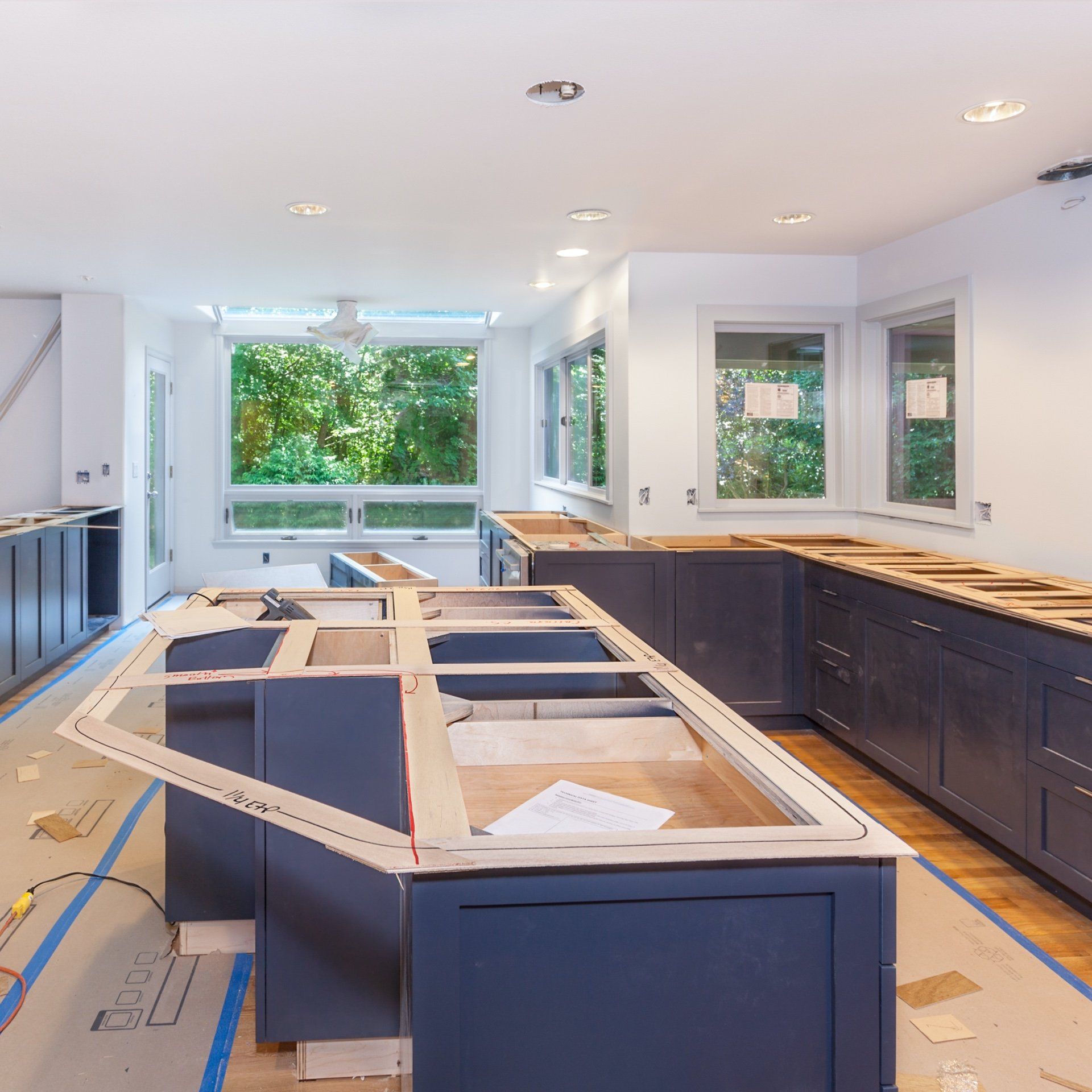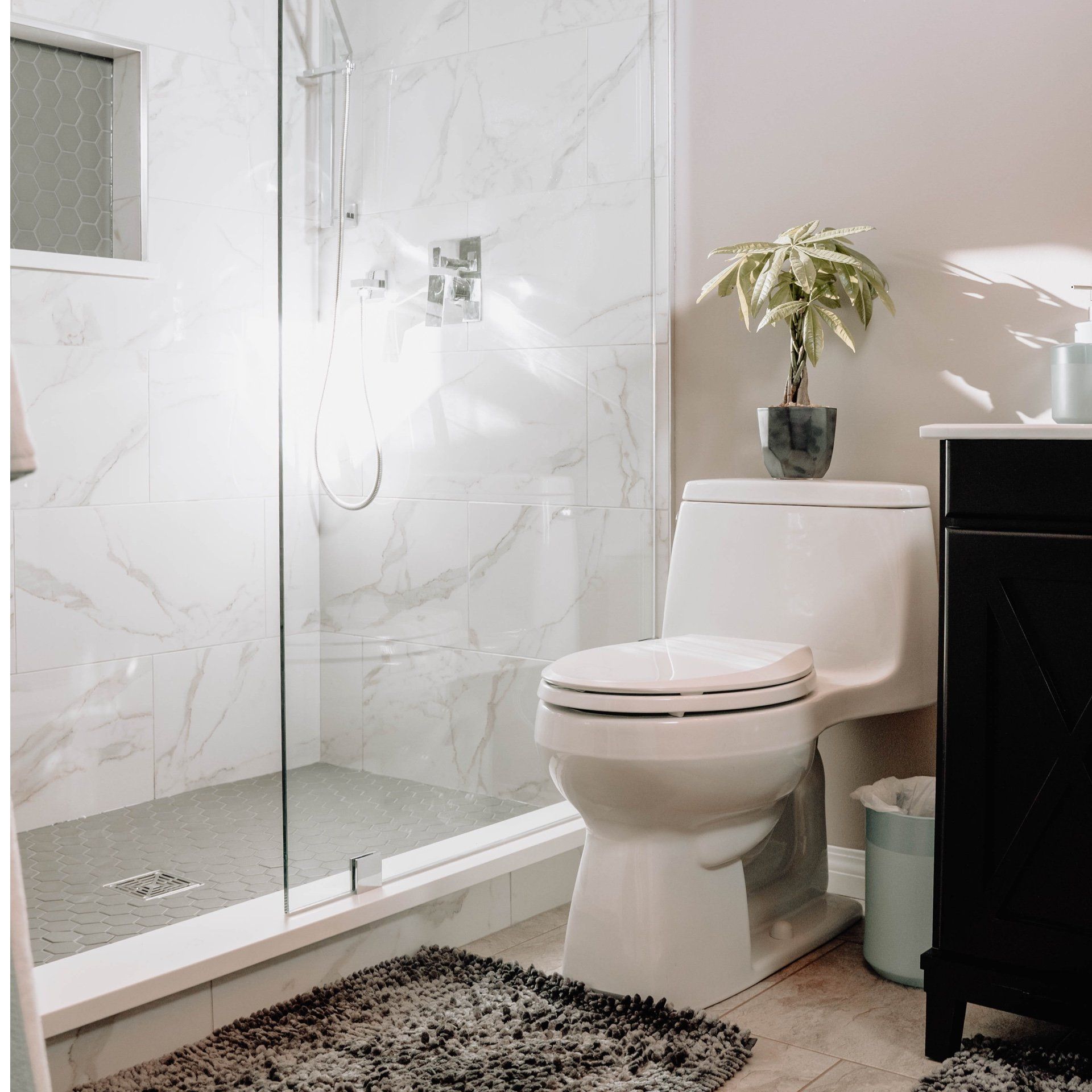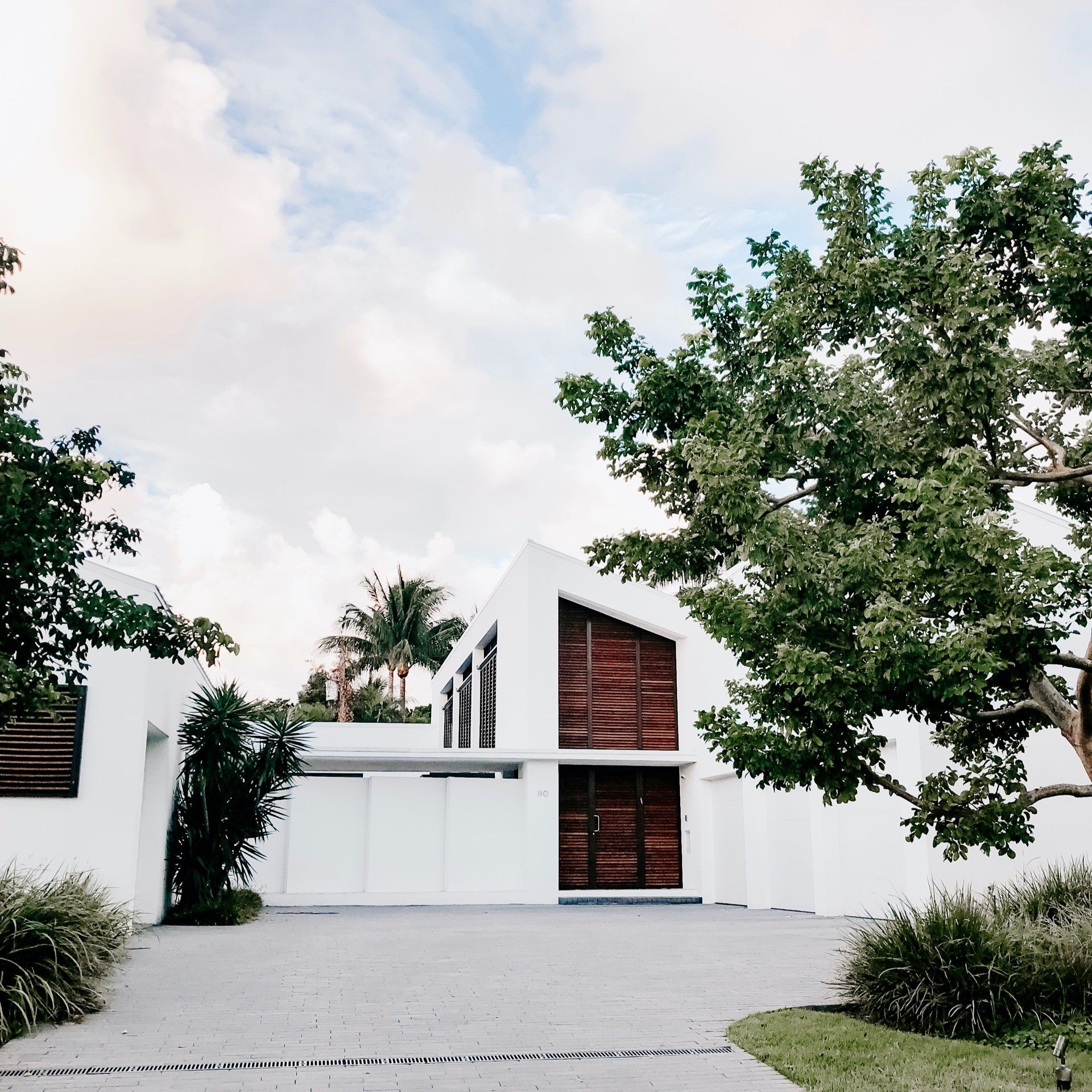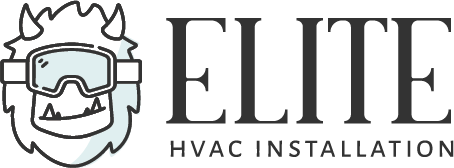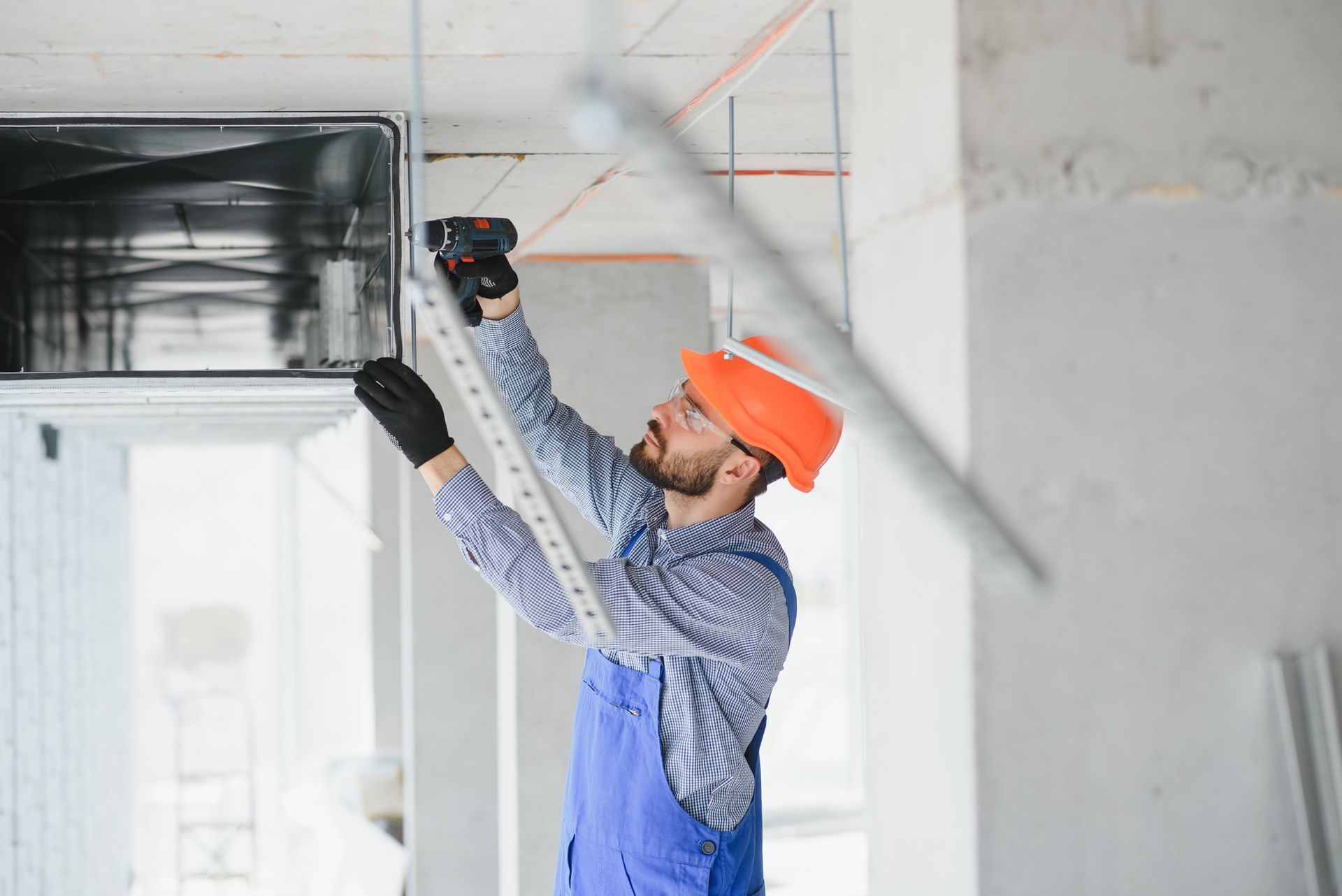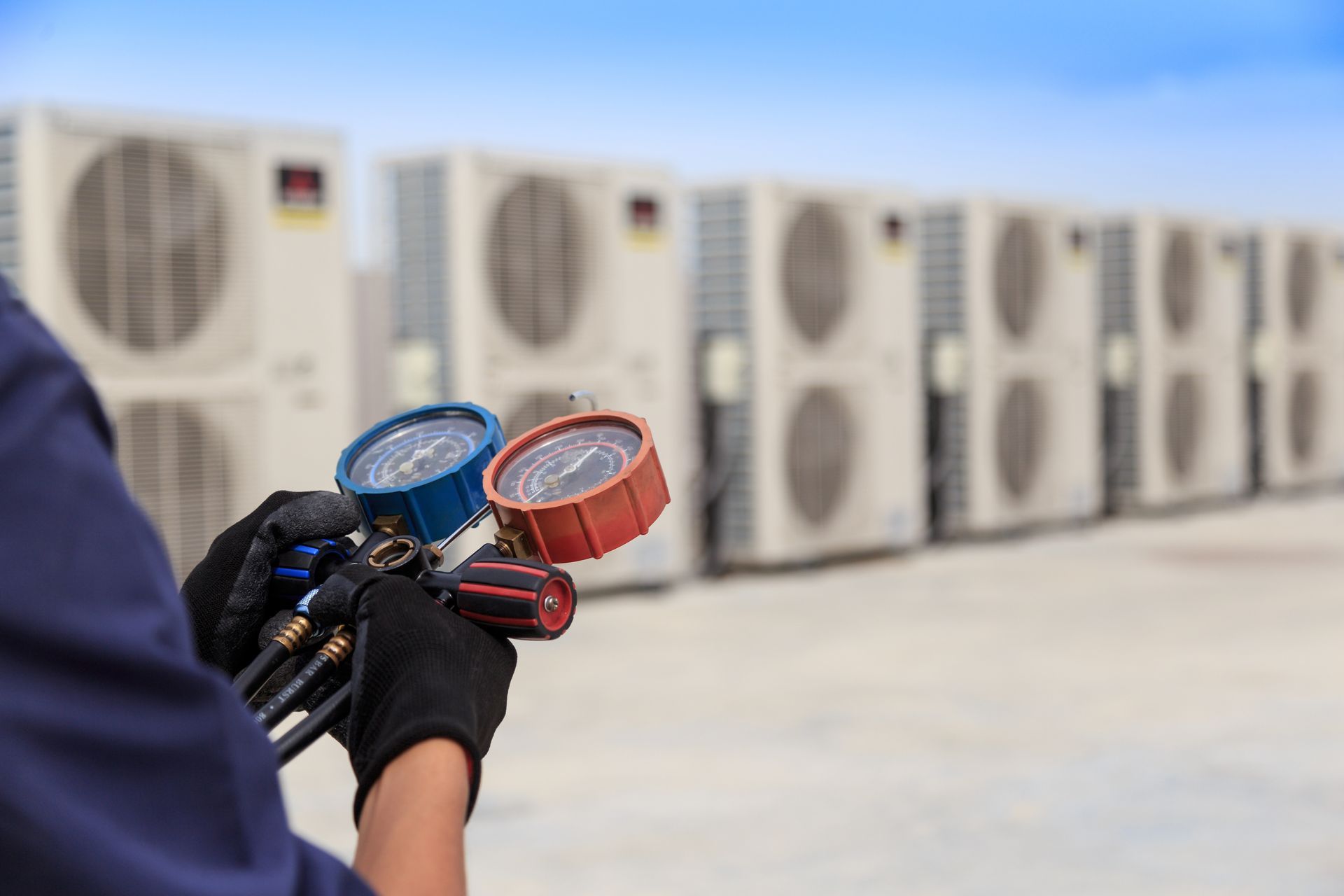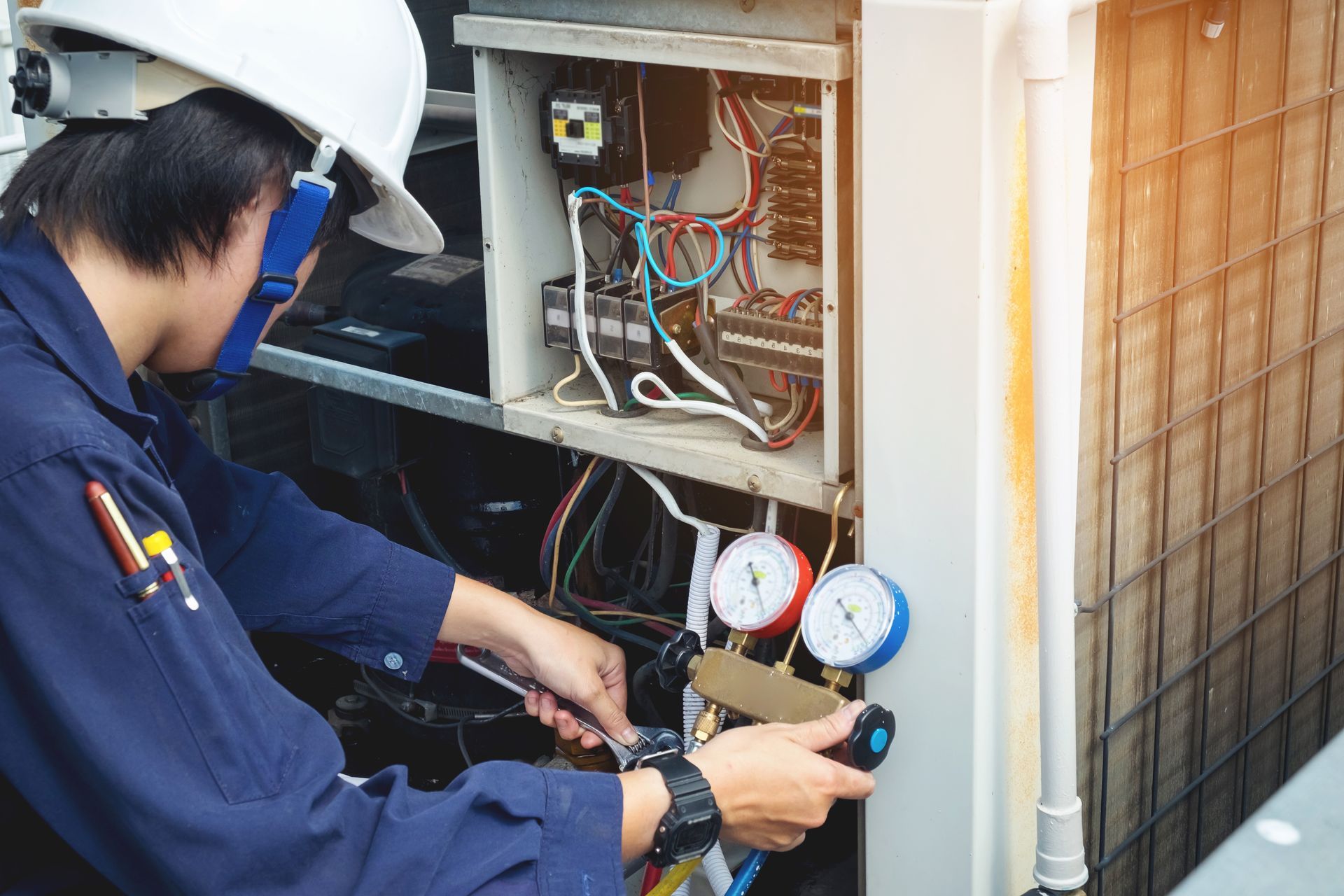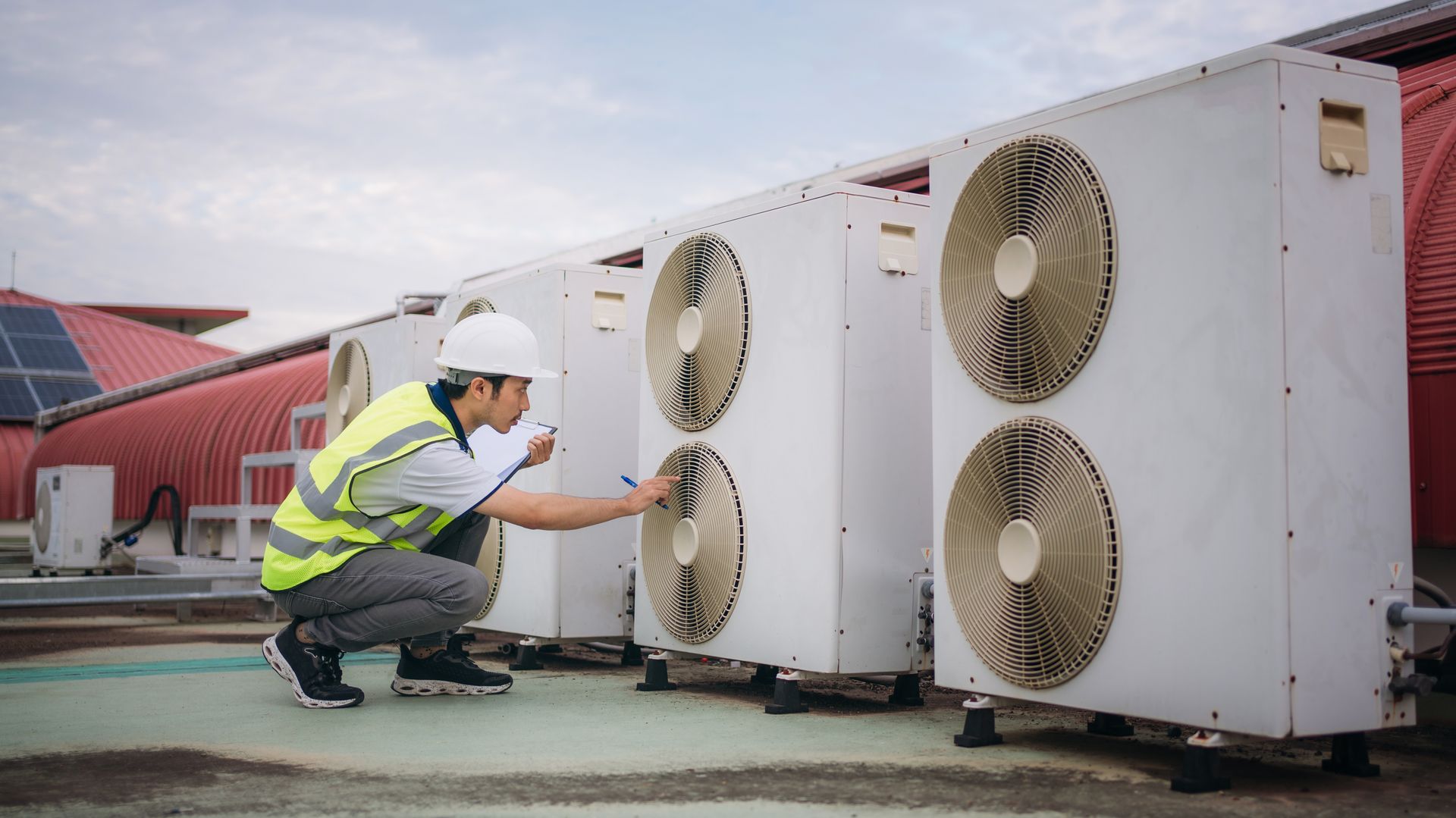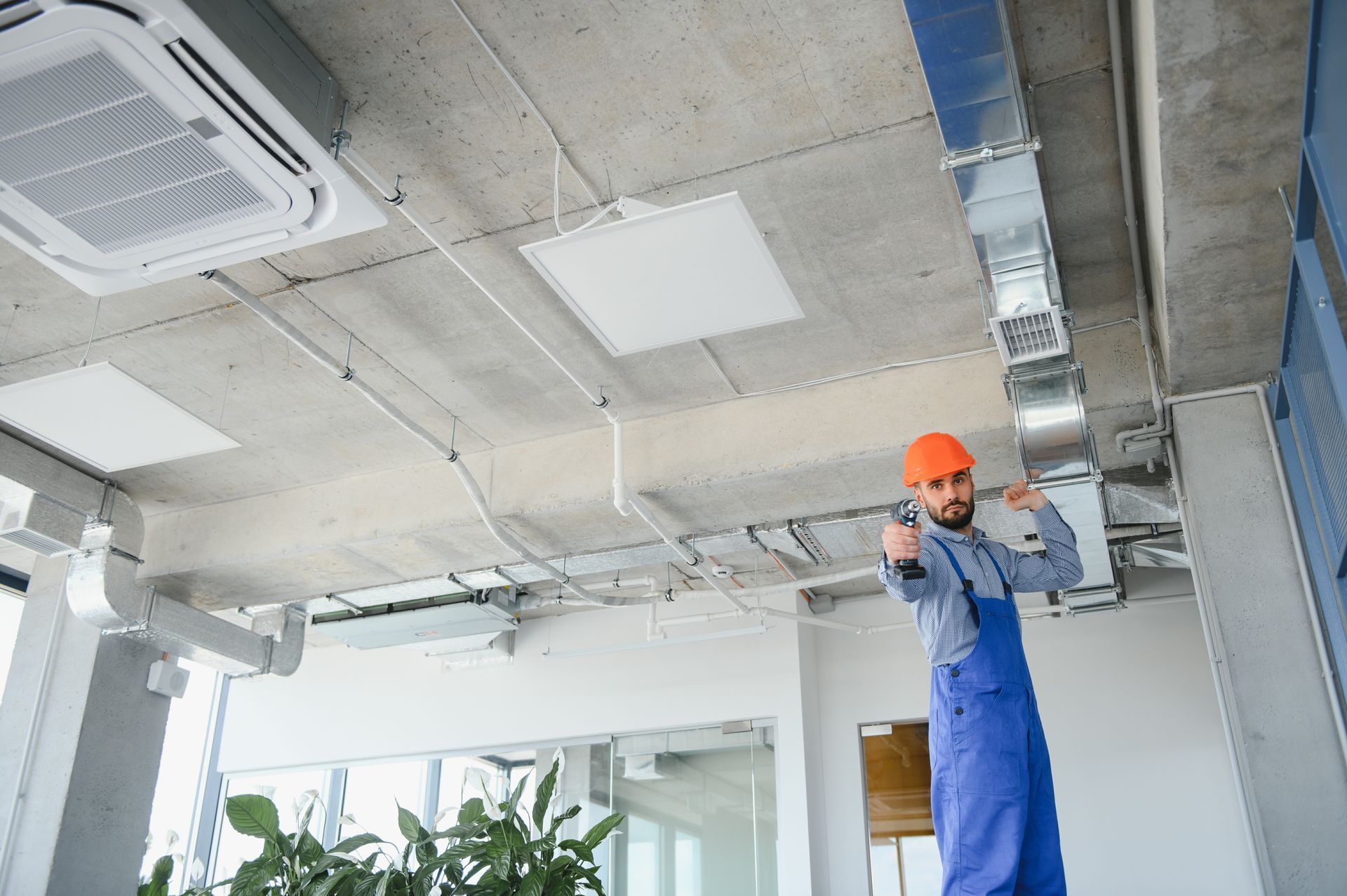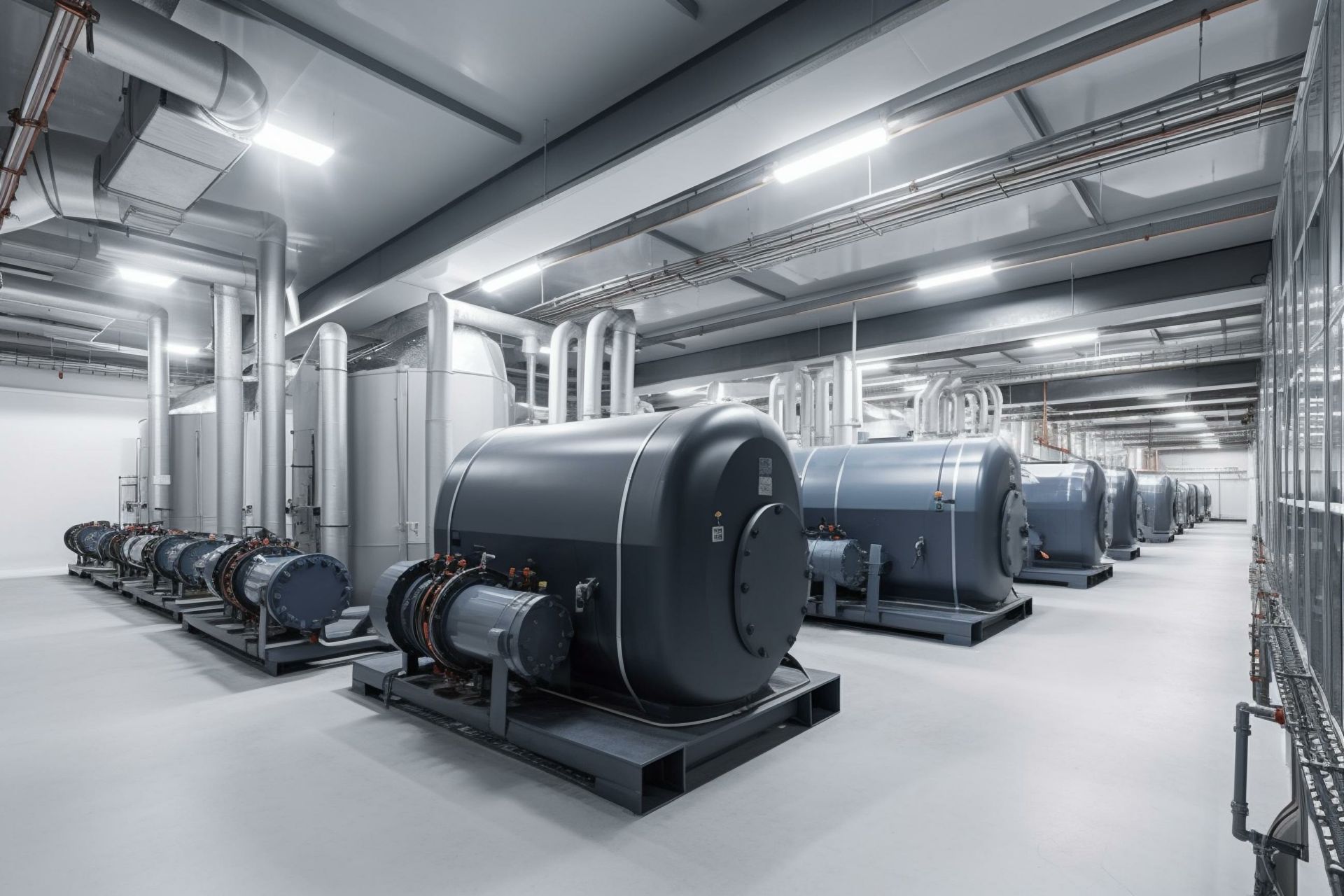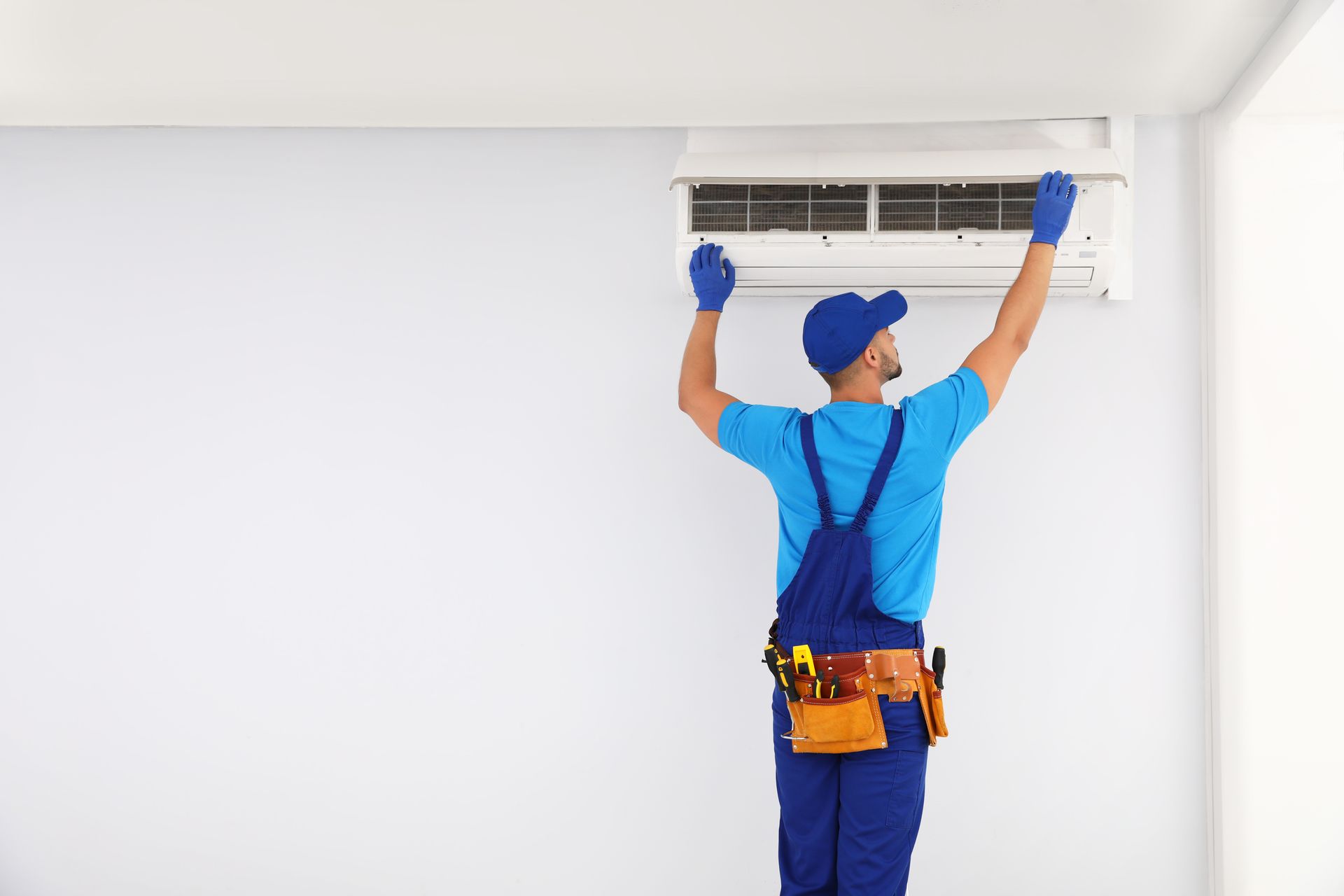Navigating Codes and Regulations: Compliance Requirements in Commercial HVAC Installation
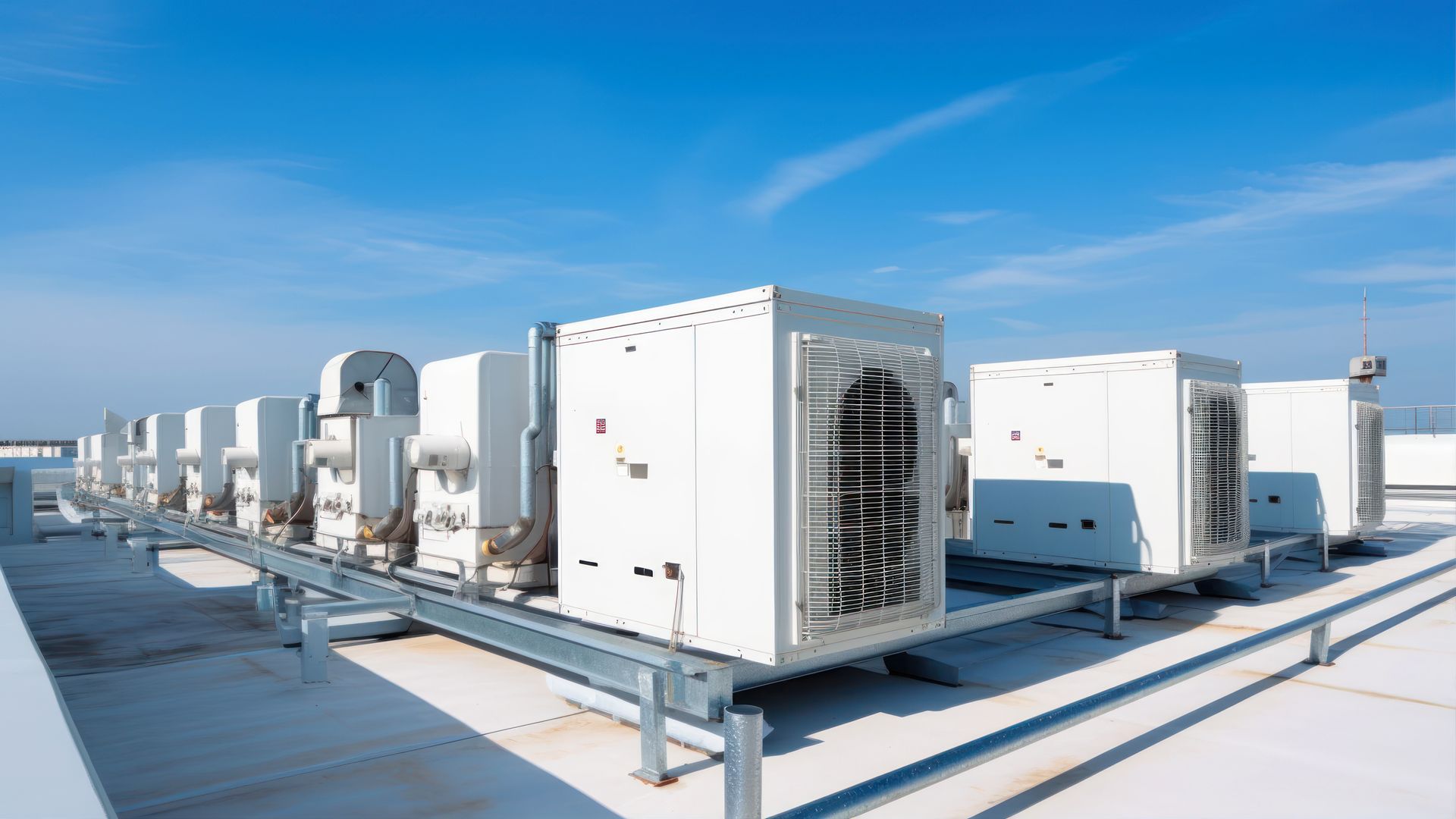
Introduction to HVAC Installation Codes and Regulations
Commercial HVAC installation is much more than just selecting the right system. Compliance with local and federal codes and regulations is crucial, not just for the lawful operation of your business, but for the safety and comfort of your staff and clients. These rules cover aspects ranging from safety, energy efficiency, to environmental protection. Understanding these requirements can seem daunting, but that's where HVAC professionals come in.
Key Compliance Requirements
Building Codes: These vary by location but generally mandate standards for the safe operation and maintenance of HVAC systems. They dictate specifications for system capacity, ductwork, ventilation, and more. They are often based on guidelines from recognized institutions such as the American Society of Heating, Refrigerating, and Air-Conditioning Engineers (ASHRAE).
Energy Efficiency: Many jurisdictions have adopted regulations that stipulate minimum energy efficiency levels for commercial HVAC systems. This could include requirements for high-efficiency equipment, controls for managing energy usage, or regular maintenance to maintain optimal system efficiency.
Environmental Regulations: The Environmental Protection Agency (EPA) regulates the use and management of refrigerants, due to their potential impact on the ozone layer and climate change. HVAC systems must comply with these rules, which include proper refrigerant handling and disposal procedures.
Fire Safety: Fire codes also play a big role in commercial HVAC installation. These guidelines regulate the placement of HVAC units, installation of fire dampers in ductwork, and maintenance of ventilation systems to prevent fire spread.
Benefits of Professional HVAC Installation
The process of ensuring that your HVAC system is compliant with all necessary regulations can be complex and time-consuming. Fortunately, HVAC professionals have the necessary training and experience to help guide you through this process. They are familiar with local and federal codes and can ensure that your system is designed and installed to meet these requirements.
Risk Mitigation
HVAC professionals not only ensure the system is installed correctly, but they also help mitigate the risk of non-compliance, which can result in hefty fines, shutdowns, or even injury. By contrast, DIY installations can easily overlook critical compliance requirements, leading to potentially serious consequences.
Dangers of DIY Installations
While a DIY approach may seem attractive from a cost-saving perspective, when it comes to commercial HVAC installations, the risks outweigh the potential savings. Non-compliance with safety, energy, and environmental regulations can lead to substantial fines and legal issues. Additionally, incorrectly installed systems can lead to inefficiencies, system failures, and even pose a risk to occupants' safety.
Final Thoughts
Keeping up-to-date with the ever-changing landscape of codes and regulations for commercial HVAC installations can be a challenge, but it's crucial for maintaining a safe, comfortable, and legal environment. By partnering with an HVAC professional, you can rest easy knowing that your HVAC system will meet all necessary requirements.
If you're planning a commercial HVAC installation and want peace of mind regarding compliance, we're here to help. Visit our "Contact" page to start a conversation and let's create a comfortable, energy-efficient, and compliant environment together.
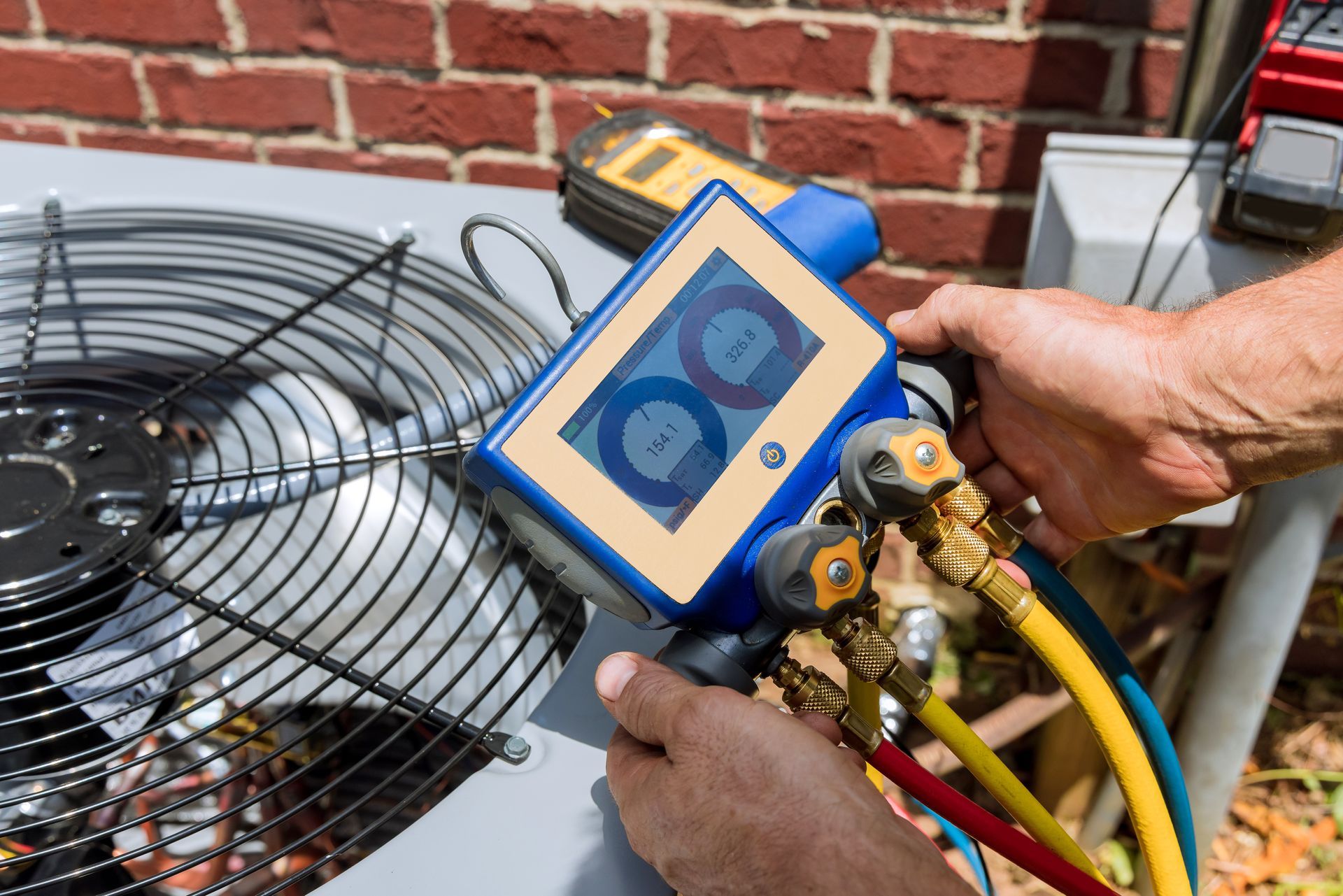
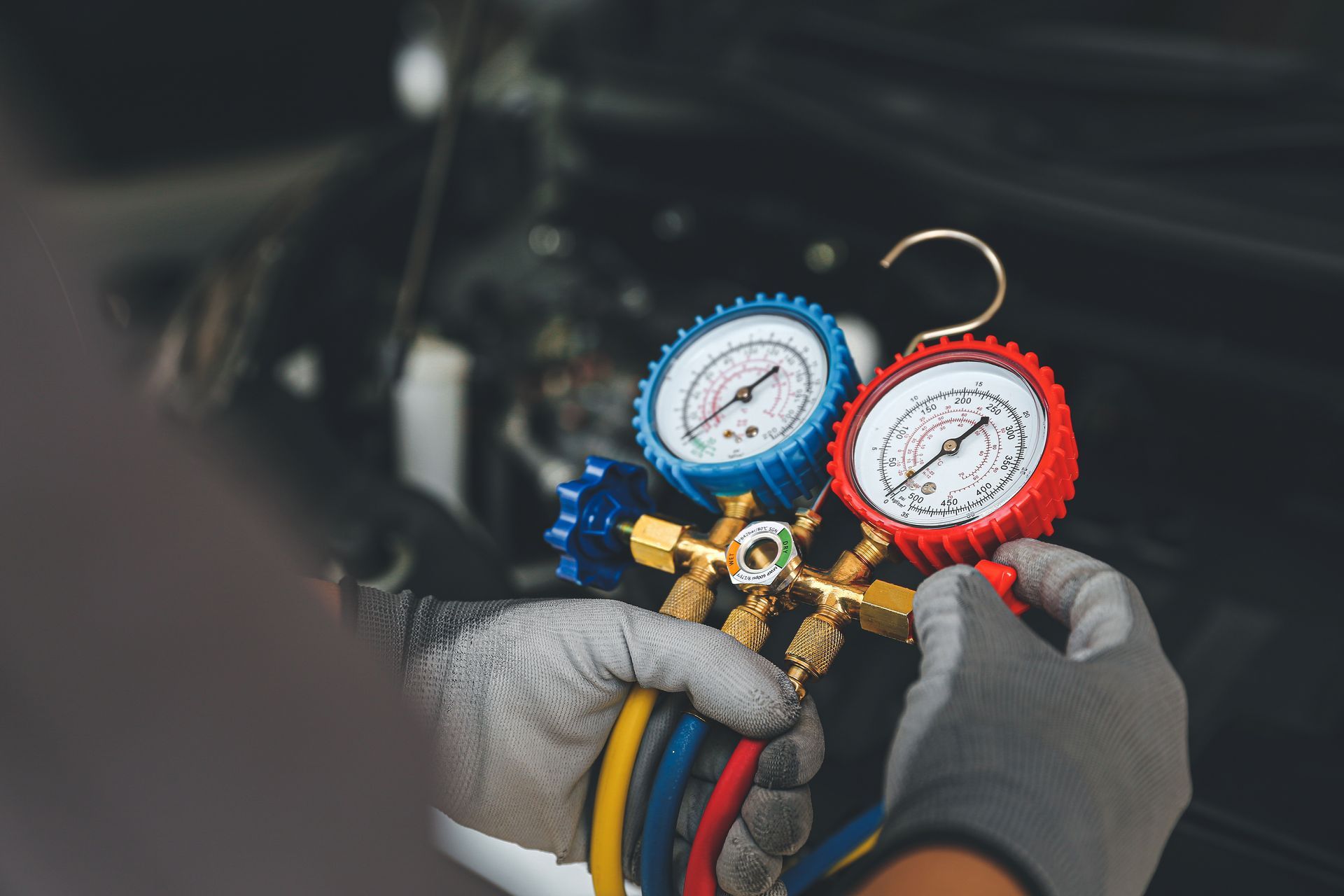
Best HVAC Service Packages in the D.C. Area
Joining an HVAC company VIP club can provide several benefits to homeowners, including peace of mind, cost savings and personalized service.
